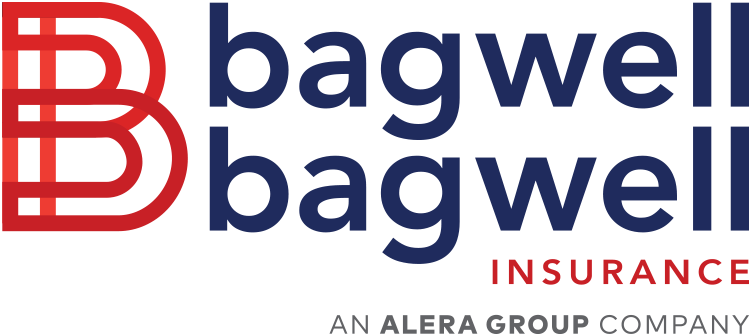Did you know that this week marks our National Hurricane Preparedness Week?
National Hurricane Awareness Week is May 3rd to May 9th this year.
This week serves as a nationwide effort to inform the public about hurricane risks and hazards and strives to share knowledge and tips about preparing your family in the event you need to take action.
Each day during National Hurricane Preparedness Week, there is a different focus:
an overview of major US hurricanes
hurricane hazards such as storm surge, high winds, and inland flooding
the forecast process
disaster planning/preparation
knowing when to take action
The goal is to make sure every household and every business is ready with a disaster plan prior to an actual threat.
Hurricane Season officially begins in just a few weeks on June 1, 2020. With COVID-19’s pandemic upon us and our continuing plight to stay stocked with toilet paper, bleach, medicine and other important (i.e. scarce) supplies, it is a good time to get hurricane essentials together so you are not stressed out when it is “Go-Time!”
Take this week to determine your personal hurricane risk, find out if you live in a hurricane evacuation zone, understand your evacuation route, and review and update your insurance policies so you’re adequately covered.
We encourage you to think through the list of considerations we have outlined below to prepare, prior to the season’s start:
Water - Ration one gallon of water per person per day.
Food - Plan for at least a three-day supply of non-perishable food. Consider first foods that do not require any refrigeration, like canned foods, dried foods, and other pantry staples. Pack infant formula for babies
Medication and first aid
Make sure your prescriptions are refill-able, get your refills at the start of an approaching storm.
Stock plenty of first aid supplies (bandages of various sizes, antibacterial ointment, antiseptic spray, cold packs, tweezers, etc.) pain relievers, antidiarrheals, antacids, laxatives, and any other over-the-counter medications you may need.
Hygiene products - Toilet paper, paper towels, wipes, hand sanitizer, feminine hygiene supplies, diapers, etc.
Eye care - Stock contact lenses, saline solution and prescription glasses.
Chargers - Make sure a charger is available for each essential electronic device. Keep devices and auxiliary power banks plugged in and fully charged ahead of the approaching storm.
Back-up your information - Back up your work, photos, and important files to a cloud service or to an external hard drive. waterproof the hard drive or pack it if you evacuate!
Tools and Supplies - FEMA has a robust list of essentials worth packing, HERE. Flashlights and head lamps, a battery-operated radio (don't forget the batteries!), pliers, tape, aluminum foil, non-electric can opener, utility knife, needles and thread, paper/pencil/pen, whistle, shut-off wrench (for water/gas), plastic sheeting, plastic garbage bags, plastic bucket with lid, sturdy shoes / work boots, rain gear, blankets and sleeping bags, and sunglasses. Since hurricane season lasts until November 30th, you should prepare for any late-season storm with winter coats, gloves, hats, and scarves. Prep for Pets - Be sure to have enough pet food, litter, treats, kennels, toys, and medicine for your pets.
IDs and Documentation - Pack Important documents in a waterproof container: birth certificates, social security cards, savings bonds, insurance cards , bank account information, checkbooks, immunization records, titles, deeds, wills and estate planning documents, and anything you might need if you lose access to your phone and/or computer.
Resources - Have on hand a list of local shelters, your evacuation route (if applicable), the numbers to your power and gas companies, your local sheriff or police department’s non-emergency hotlines. Save them in your smartphones and keep paper copies with your documentation in case your phone dies.
Cash - In case ATMs are not working, cash is good to have on hand.
Video - Take detailed videos of your home’s contents and the exterior, and back up those videos. That way you can reference the videos if you have to file any claims.
Insurance Considerations & how Bagwell and Bagwell Insurance can help - Call us and ask for an insurance check-up to make sure you have adequate insurance to weather the storm. Contact Bagwell and Bagwell Insurance for more information.
Through proper preparation, we can boost our resilience and be readied for the six months of Hurricane season! We hope that this list is helpful and that you stay safe during Hurricane season. Bagwell & Bagwell Insurance is here for you!
Sources:
https://www.weather.gov/wrn/hurricane-preparedness
https://en.wikipedia.org/wiki/National_Hurricane_Preparedness_Week
https://www.weather.gov/images/wrn/hurricanep-preparedness/2020/HPW-2020-actions-today-3.png
https://www.fema.gov/news-release/2018/08/16/proper-emergency-kit-essential-hurricane-preparedness

